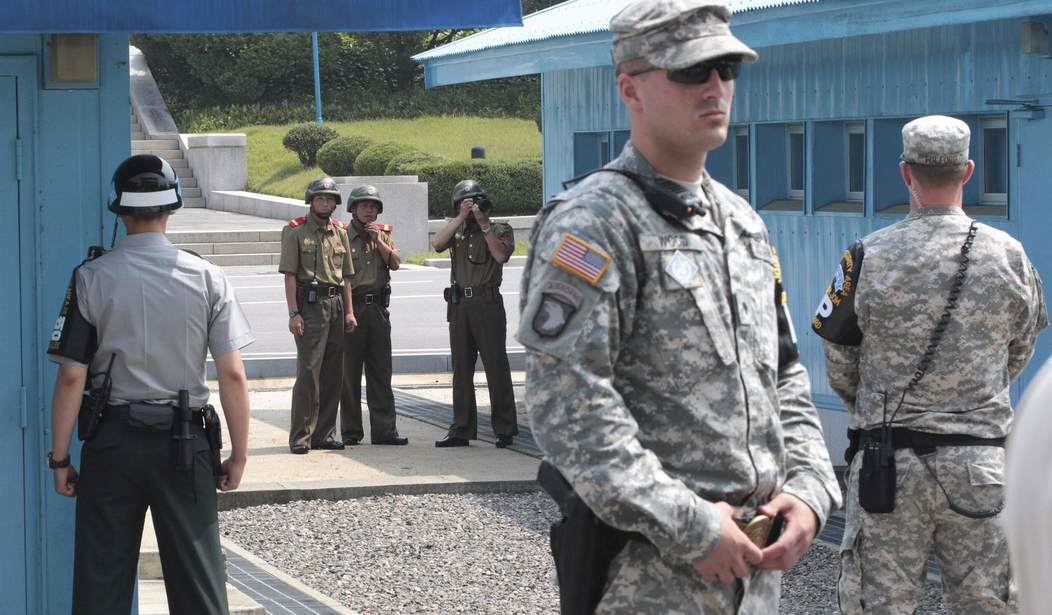The Trump administration on Wednesday announced a change to automatic citizenship for children of service members stationed overseas. According to a policy alert from the U.S. Citizenship and Immigration Services (USCIS), children born to service members will not automatically be granted citizenship under the Immigration and Nationality Act (INA).
The United States will “no longer considers children of U.S. government employees and U.S. armed forces members residing outside the United States as ‘residing in the United States’ for purposes of acquiring citizenship," the alert said.
According to Josh Blackman, a professor at South Texas College of Law and an adjunct scholar at the conservative Cato Institute, the policy change means parents have to submit paperwork.
“It’s not denying people citizenship, but it’s making it happen through a process not automatic by the virtue of birth. The parents have to submit paperwork to make their kids citizens," Blackman told POLITICO. “The optics here are pretty awful."
USCIS Acting Director Ken Cuccinelli took to Twitter to further clarify the rule change, saying that birthright citizenship isn't impacted:
Here's the statement I promised (1/3):
— USCIS Acting Director Ken Cuccinelli (@USCISCuccinelli) August 28, 2019
The policy manual update today does not affect who is born a U.S. citizen, period. It only affects children who were born outside the US and were not US citizens. This does NOT impact birthright citizenship.
(2/3) The policy update doesn't deny citizenship to the children of US gov employees or members of the military born abroad. This policy aligns USCIS’ process with the Department of State’s procedures for these children - that's it. Period.
— USCIS Acting Director Ken Cuccinelli (@USCISCuccinelli) August 28, 2019
Background in next tweet...
Recommended
(3/3) US laws allow children to acquire US citizenship other than through birth in the US. Children born outside of the US to a US citizen parent or parents may be US citizens at birth under INA 301 or 309, or before age 18 through their US citizen parent(s) under INA 320.
— USCIS Acting Director Ken Cuccinelli (@USCISCuccinelli) August 28, 2019
The change was made because of confusion related to "residency." The USCIS provided the following table as an example of what constitutes physical presence verses residency.

The rule change doesn't apply to children who obtain their citizenship at birth or while living in America. That includes children born outside of the country as long as their parents resided in the United States within the last five years.
The policy change goes into effect October 29th.

























Join the conversation as a VIP Member